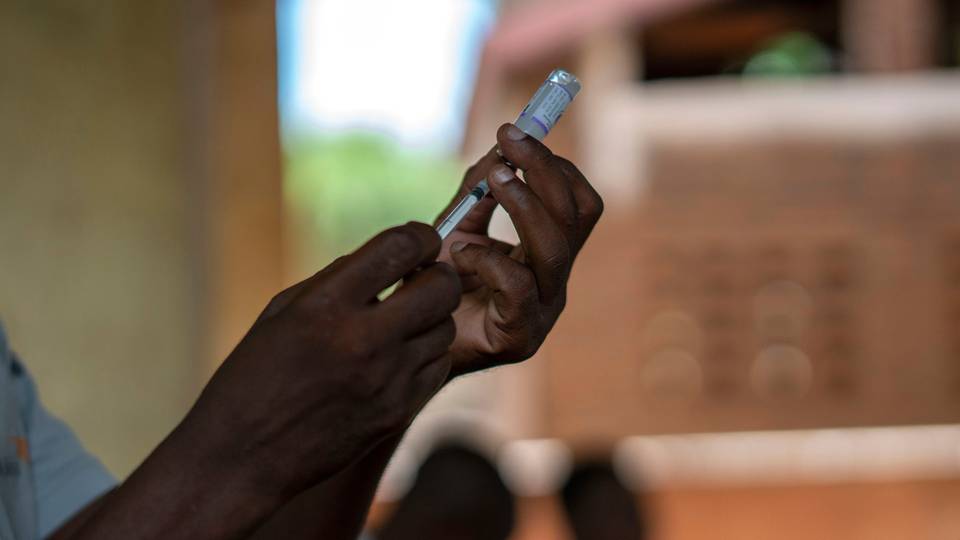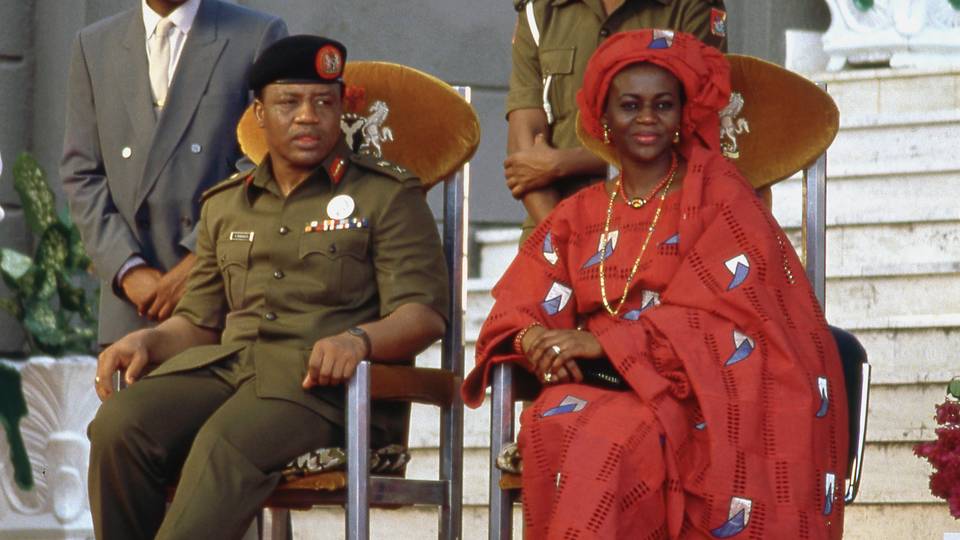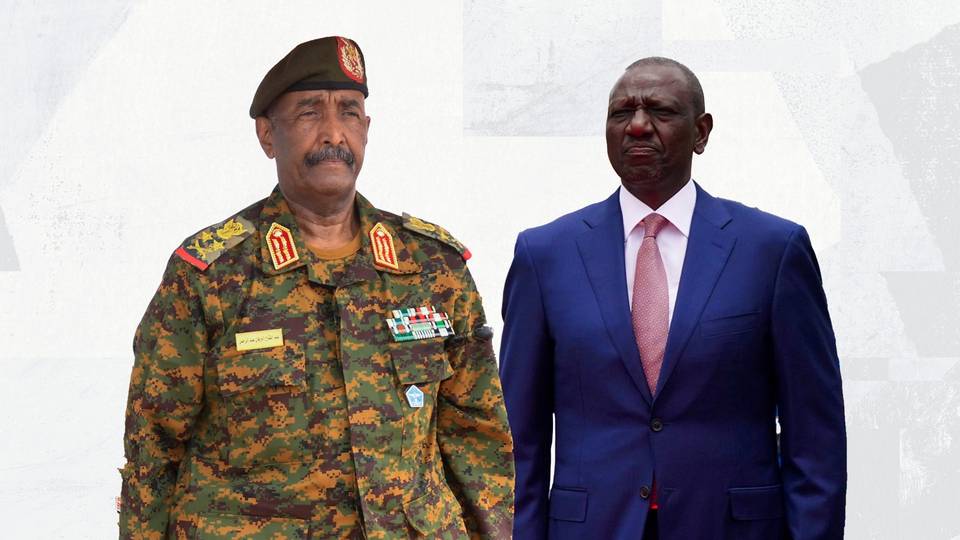Sport
Dollar
38,2552
0.34 %Euro
43,8333
0.15 %Gram Gold
4.076,2000
0.31 %Quarter Gold
6.772,5700
0.78 %Silver
39,9100
0.36 %The spectre of malaria looms over Nigeria and many other parts of the continent despite a vaccine rollout and encouraging news about WHO declaring Egypt free of the scourge.

By Abdulwasiu Hassan
European colonialists of the early 19th century coined the phrase "White Man's Grave" to describe their travails in malaria-endemic West Africa, unwittingly reflecting the irony of their desire to exploit a continent that supposedly held such a grave threat to their existence.
Although that perception changed by the 1850s with quinine being recommended as an antidote to malaria, the ability of the vector-borne disease to kill hasn't diminished even after the passage of almost 175 years.
Malaria killed at least 194,000 people in Nigeria in 2021, according to a World Health Organization (WHO) report.
About 97% of Africa's population is estimated to be at risk of being infected with the disease, caused by the parasite Plasmodium falciparum and spread through Anopheles mosquitoes.
Ethiopia and Uganda are the other countries on the continent where malaria takes a heavy toll each year.
"In 2022, the West African region bore the heaviest malaria burden, with 94% of cases and 95% of deaths globally, representing 233 million malaria cases and 580,000 deaths, which marks a marginal decline compared to 2021," says WHO.
Children are more vulnerable to malaria as, unlike adults, they don't develop partial immunity until they are older. According to WHO data, an alarming 80% of fatalities caused by malaria are infants and young children.
Multiple studies mention that children under five in Sub-Saharan Africa are five times more likely to be infected with malaria than those from better financial backgrounds.
Vaccine shield
In early 2024, Cameroon became the first country to add malaria vaccination to its routine immunisation schedule.
This followed a pilot malaria vaccination programme in Ghana, Kenya and Malawi between 2019 and 2023.
Nigeria recently received 846,200 doses of the R21/Matrix-M malaria vaccines as part of an initial target of administering a million doses. UNICEF estimates the overall requirement to be 31 million.
Amid the challenges of vaccinating the vulnerable population, there is a sliver of hope – Egypt has just been declared malaria-free.
WHO described the achievement as the result of a century-long effort to end a disease that had been tormenting the country since ancient times.
"Malaria is as old as Egyptian civilisation itself, but the disease that plagued pharaohs now belongs to its history and not its future," says WHO's director-general, Dr Tedros Adhanom Ghebreyesus.
So, does vaccination hold the potential to eradicate the disease?
While Egypt's achievement isn't small, authorities believe being certified malaria-free is not the end of the story, as there is always a chance of the disease resurfacing.
"Receiving the malaria-elimination certificate is not the end of the journey but the beginning of a new phase," Egypt's Deputy Prime Minister, Dr Khaled Abdel Ghaffar, has been quoted as saying.
"We must now work tirelessly and vigilantly to sustain our achievement by maintaining the highest standards for surveillance, diagnosis, and treatment, integrated vector management, and sustaining our effective and rapid response to imported cases."
Dangers ahead
Healthcare experts believe much more needs to be done to stop malaria deaths and the economic burden of the disease, including reduced productivity.
Heads of state and governments at the recent session of the UN General Assembly warned that if additional funding wasn't arranged for the fight against malaria, 300,000 people could die of the disease.
RBM Partnership to End Malaria, a global platform to fight the scourge, warns that "the world could see an additional 112 million malaria cases and up to 280,700 additional deaths across three years, with upsurges and outbreaks happening right across the continent of Africa".
"The evidence is clear that there is a significant risk of malaria epidemics if funding isn't increased and high-burden areas are unable to deliver critical malaria prevention services," says Dr Michael Adekunle Charles, CEO of the RBM Partnership to End Malaria.
"Unlike HIV and TB, malaria is concentrated in lower-income countries, particularly across Africa. These countries have the least ability to afford the fight. Everyone, no matter where they live, has a right to health. Malaria is straining health systems and making it difficult for people in low-income countries to fully enjoy their right to health."
Beyond funding
Dr Agbor Neji Ebuta, a physician based in Abuja, believes eradicating malaria would require concerted and collaborative efforts from stakeholders that transcend financial backing.
"What we need are bold, integrated efforts involving mass distribution of insecticide-treated mosquito nets, surveillance measures designed to identify new cases of malaria quickly, and universal malaria diagnosis and treatment," he tells TRT Afrika.
Nigeria's health and social welfare minister, Muhammad Ali Pate, says the country plans to "optimise all the tools available" for such an initiative.
"Our strategy entails providing bed nets, seasonal chemoprevention, intermittent preventive treatment, expanding case management, and layering these with newer tools like vaccines. We also intend to tailor these efforts to the needs of different parts of the country."
For millions across Africa, the hope that someday the continent will be malaria-free is a dream worth chasing.
➤Click here to follow our WhatsApp channel for more stories.
Comments
No comments Yet




















Comment